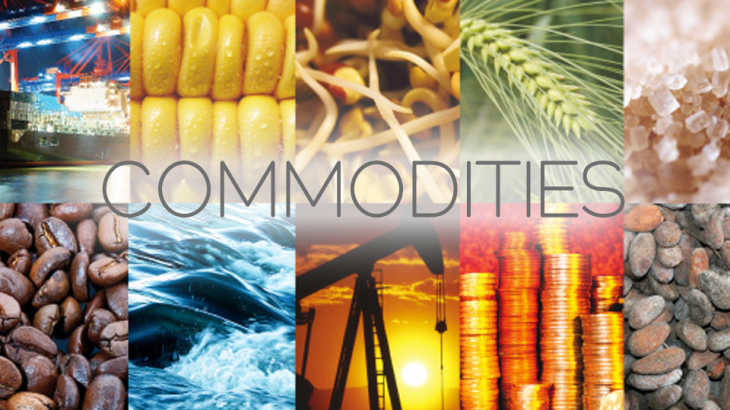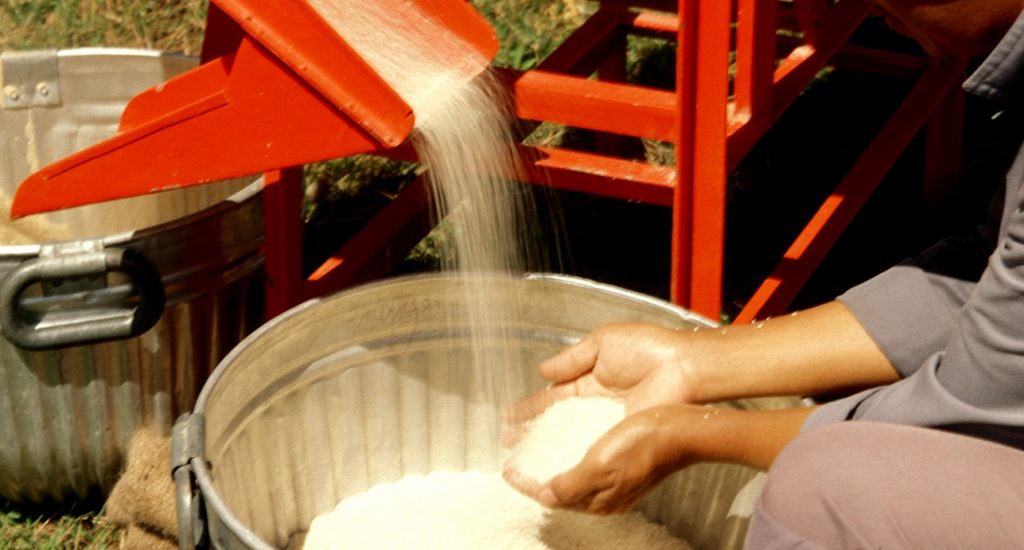Commodity markets in Africa are expected to remain volatile in the coming months following the persistence of Covid-19 constrains in the supply chain and other global economic pressures, says Stephen Karingi, Director of Regional Integration and Trade Division at the Economic Commission for Africa (ECA).
Mr Karingi was speaking at the ECA Price Watch session with African finance ministers on ‘Commodity prices amid COVID-19: prospects and policy implications for African economies.’ This is the 5th in the series of presentation sessions of price development in a specific sector compiled and disseminated by the ECA Price Watch Centre for Africa.
He said that African economies remain largely dependent on primary commodities exports and that although the commodity sector in most African economies is a significant source of national revenues, high dependence on the sector means high vulnerability to the vagaries of international markets and volatile prices passed on to local markets.
“High commodity dependence is associated with lower human development indicator across the developing world,” said Mr Karingi, adding “limited diversification and reliance on commodities sector are detrimental to long-term development in resource-rich countries.”
The ECA director noted that the commodities markets in Africa reacted strongly to COVID-19 in early 2020, owing to restrictions, economic slowdown and uncertain outlook. From mid-2020, significant rebound in commodities prices were above their pre COVID-19 levels with short term volatilities partly supported by expansive macroeconomic policies
On the commodity markets outlook, he said the upside risk factors for the continent include improved economic outlook/gradual recovery partly driven by successful vaccines campaigns and control of COVID-19 outbreaks; expansive monetary and fiscal policies to sustain economic activities like the recent $ 1.9 Trillion rescue Plan in the US and the € 750 Billion recovery effort in the EU area ; dynamic construction and infrastructure sectors worldwide to support markets of some commodities; high production costs to put upward pressure on food costs; low carbon energy and electric vehicles to sustain markets for products such as cobalt, lithium and nickel.
The downside risk factors include the gloomy economic prospects, especially in industrialized economies if the new COVID-19 variant is not controlled; and slower growth in major commodity importing countries.
According to Mr Karingi the potential impacts of recent surge in commodities prices will see commodity exporters record increases in economic outputs and fiscal revenues; price volatility to result in macroeconomic instability, trade balances, investment flows; and potential negative weight of high prices on net commodities importers, especially with regards to food and energy commodities.
He recommended that countries should have an overhaul policy -fiscal, trade, human capital – to reduce strong dependence to global commodity markets. African countries should also promote economic and fiscal diversification, including through the landmark African Continental Free Trade Area (AfCFTA)
“AfCFTA will assist with Covid-19 recovery but expected benefits from AfCFTA will not be automatic. Member states must pursue ratification of the Agreement and implement it effectively,” he noted.
Oliver Chinganya, Director of the African Centre for Statistics (ACS) at the ECA, said while the macroeconomic effects are well known, the trends of commodity prices and their influence on the revenue of African countries require delving into deeper analysis to have good grasp of the situation.
“The recent commodity price movement raises questions on critical points that economic policies should consider both in the current situation as well as for longer term perspectives,” he said.
Mr Chinganya observed that over the last twenty months COVID-19, has exposed the vulnerability of African economies to global shocks and high dependence to remote world markets. This has led to disruptions in supply chains and slowdown in economic activities worldwide, which to some extent have affected the price of several commodities since the outbreak.
The last ECA Price Watch Centre presentation was held on June 22 and focused on Energy Prices in Africa: Transition Towards Clean Energy for Africa’s Industrialization.


 Naira4 weeks ago
Naira4 weeks ago
 News3 weeks ago
News3 weeks ago
 Education4 weeks ago
Education4 weeks ago
 Social Media4 weeks ago
Social Media4 weeks ago
 Technology4 weeks ago
Technology4 weeks ago
 Investment4 weeks ago
Investment4 weeks ago
 Dividends4 weeks ago
Dividends4 weeks ago
 Economy4 weeks ago
Economy4 weeks ago


























